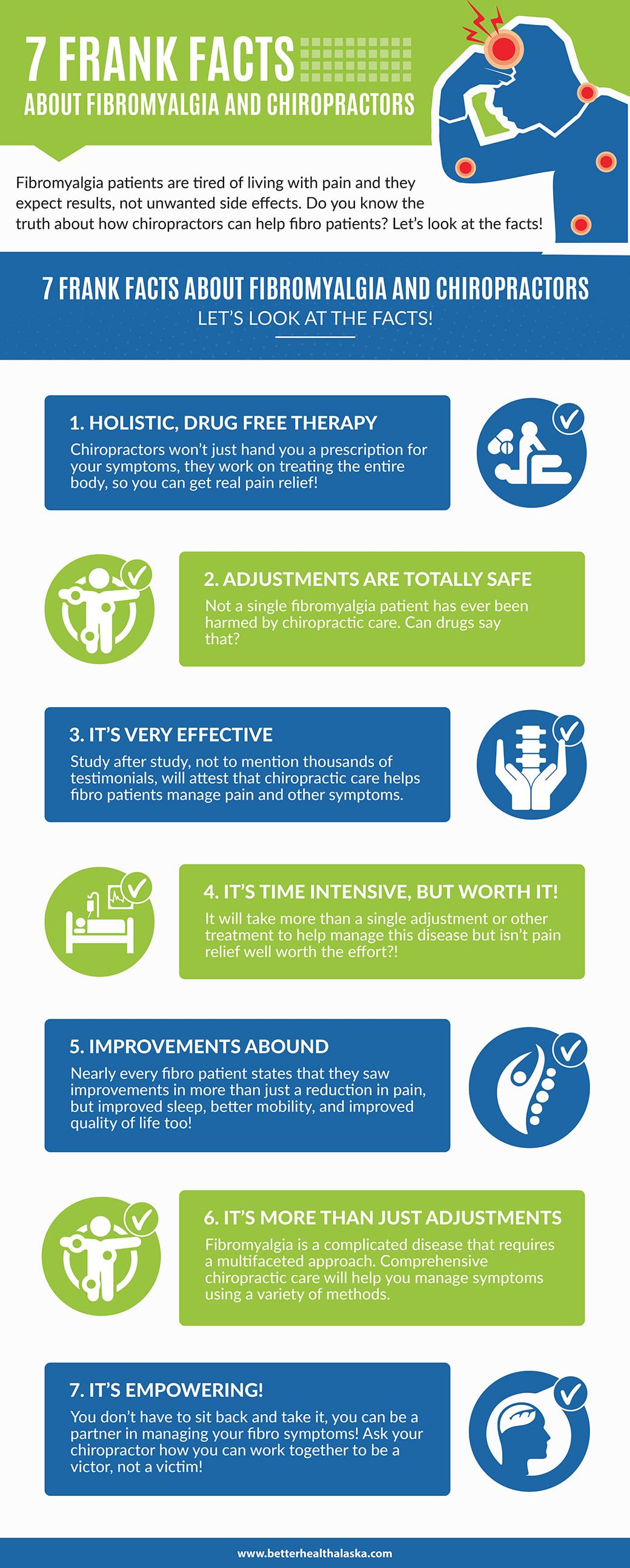Are Acupuncture Points Real? A Comprehensive Look At Meridian Concept
Are Acupuncture Points Real? A Comprehensive Look At Meridian Concept
Blog Article
Web Content Writer-Bowles Dalby
You might be wondering about the presence of acupuncture factors and their function in conventional Chinese medicine. These factors, connected to meridian concept, recommend an one-of-a-kind system of power circulation in the body. While historical texts lay a foundation, modern scientific research supplies brand-new insights right into their relevance. Are these ancient ideas suitable with contemporary understanding? The response might shock you as we explore the intersection of practice and modern research study.
The Historical Roots of Acupuncture and Meridian Theory
Acupuncture, with its intricate network of meridians, has deep historic roots that trace back thousands of years in ancient China.
You'll find that early texts, like the Huangdi Neijing, laid the structure for understanding exactly how power streams through the body. These works presented the principle of Qi, the vital energy that distributes along the meridians.
As you discover this ancient practice, you'll discover exactly how experts recognized particular points to affect health and balance.
Over centuries, acupuncture evolved, including various methods and approaches, yet it remained deeply linked to its beginnings.
Scientific Perspectives on Acupuncture Information
While many individuals still view acupuncture as an ancient art rooted in tradition, scientific research study has progressively shed light on the physical systems behind acupuncture points.
Researches suggest these points might correspond to locations abundant in nerve endings, capillary, and connective cells. When needles promote these factors, they can trigger biochemical actions, such as the launch of endorphins and other natural chemicals, which aid relieve discomfort and advertise healing.
Imaging techniques like useful MRI have actually shown changes in mind activity associated with acupuncture, supporting its effectiveness.
While skepticism stays, growing evidence indicate a potential biological basis for acupuncture, welcoming further expedition into exactly how these ancient techniques can align with modern-day scientific understanding.
Incorporating Ancient Practices With Modern Medicine
As more doctor recognize the value of all natural strategies, integrating old methods like acupuncture with modern-day medicine is ending up being increasingly relevant.
You may locate that integrating these techniques can improve individual care, supplying an extra thorough treatment strategy. By acknowledging the advantages of acupuncture-- such as pain alleviation and stress and anxiety reduction-- you're not just resolving physical signs and symptoms but also promoting total well-being.
This combination permits you to tailor treatments to private requirements, bridging the gap in between typical wisdom and contemporary medical practices. how to be a chiropractor with acupuncturists can additionally broaden your expertise and give your people with a wider range of alternatives.
Inevitably, embracing https://riverztmex.howeweb.com/36230962/figure-out-how-acupuncture-can-successfully-reduce-allergy-signs can bring about improved wellness outcomes and an extra balanced approach to recovery.
Conclusion
To conclude, acupuncture factors may not fit nicely right into contemporary clinical paradigms, yet their historical relevance and emerging scientific assistance recommend they hold value. By discovering the crossway of old methods and contemporary study, you can appreciate just how these factors may influence health. Whether you're a skeptic or a believer, comprehending meridian theory opens the door to brand-new point of views on health and healing, welcoming you to think about the prospective advantages of acupuncture in your own life.
